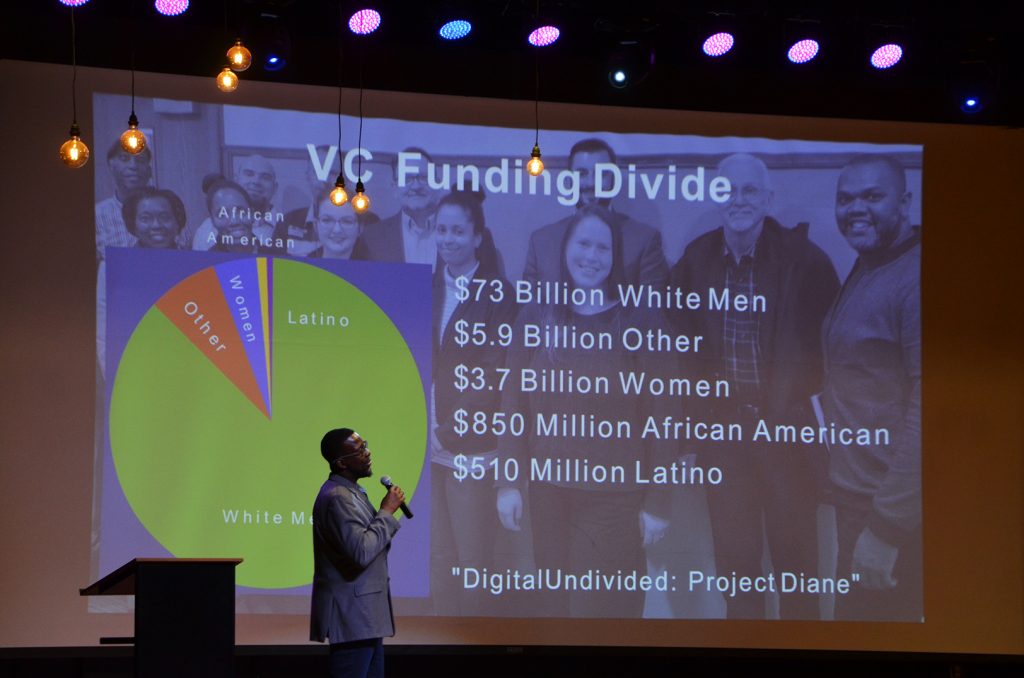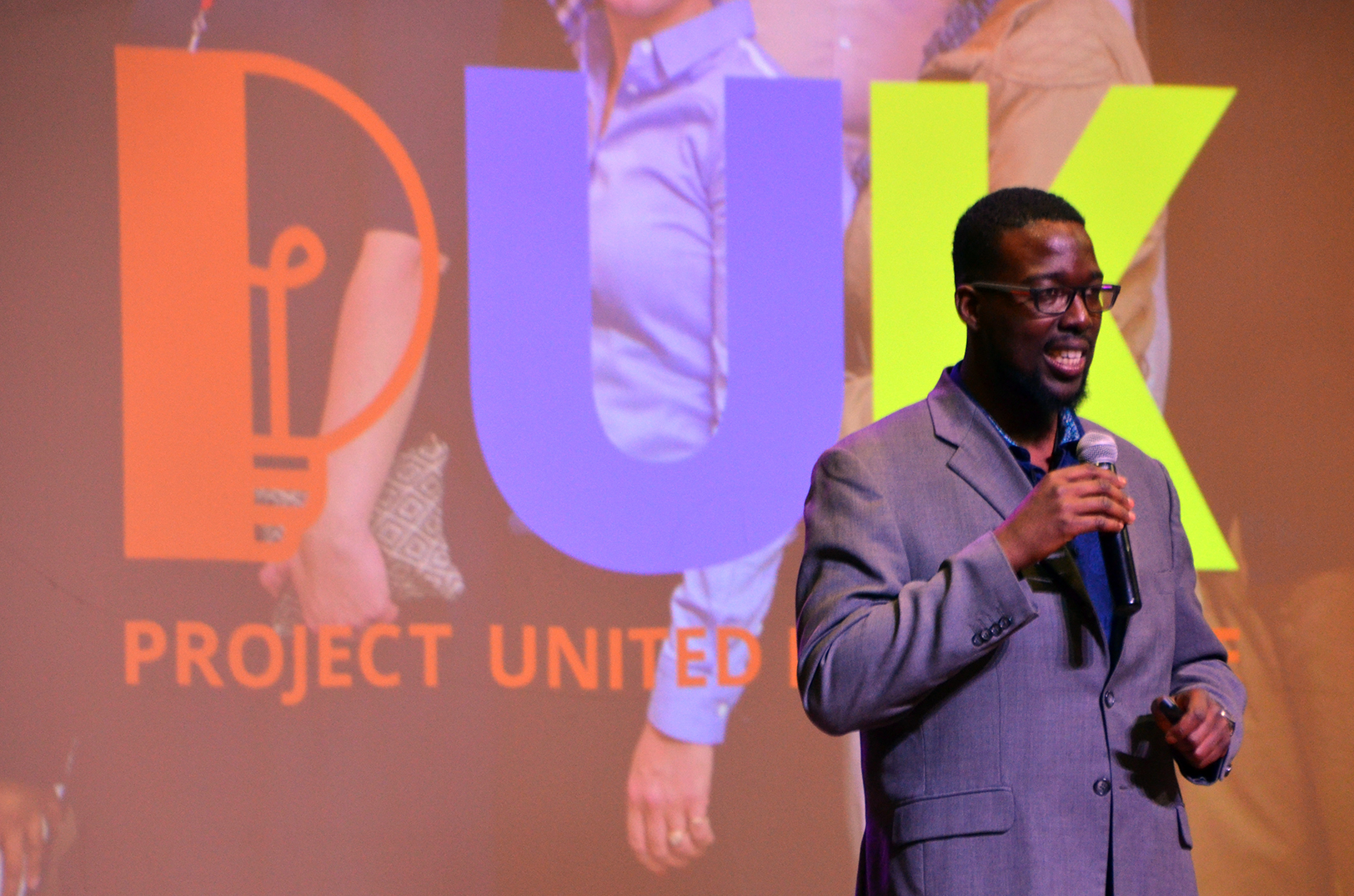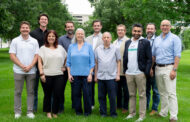A $100,000 injection will position Project United Knowledge for growth that could further fill diversity and inclusion gaps in Kansas City’s tech ecosystem.
The accelerator program landed the investment as a winner of the Kapor Center’s $1 million Tech Done Right National Challenge, said Quest Moffat, head of innovation at Project UK.
Beyond financial support, the award will empower Project UK to solve what Moffat called a “leaky pipeline” — the lack of minority, women and rural and disconnected communities participation in technology.
“We want to be that one-stop shop for the entrepreneur that doesn’t have a big budget, that may be a person of color, that may be underrepresented,” Moffat said of the organization’s commitment to opportunity growth.
“At the end of the day, we don’t care if you’re black, white, green, blue, or brown. Everyone needs to learn technology, everyone,” he said. “So, if you would like to participate in the technological industry … I want to make sure that you have access to learning technological skills that can enhance and elevate [your career.]”
The investment will be used to support current programs and education initiatives, designed to guide budding entrepreneurs through partnership and skill building, Moffat explained.
“It really helps scale [Project UK] so we can build out more software and physical products that can actually get into the Kansas City ecosystem or the market,” he said of the importance in realizing ideas and the freedom to scale that comes with financial support.
“[Now we can better] create programming that will help individuals who have technological skills or management skills and they would love to learn project management — project managers, designers, front end developers,”

Quest Moffat, Project UK demo day 2018
Added fuel for Project UK could also drive significant growth in Kansas City’s tech ecosystem, he said, noting the potential of job creation.
“… We focus on people who have no technology [background] and teach them everything that they need to know, to be able to grow a small business, technological jobs. We want to make sure that those jobs can get built here in Kansas City, we can create the template,” Moffat said, highlighting how such a focus could increase the city’s momentum.
“You don’t have to be a person of color to go to work,” he said of the importance of community. “If you live here in Kansas City and you’re about making our economy better and you want to make more money in the technology industry that gets more and more tax dollars for Kansas City … [that’s a] stronger Kansas City. And a stronger Kansas City means a better Kansas City for everyone.”
As Project UK evolves, Moffat would like to see the program elevating entrepreneurs in a way that pairs teaching management and production business skills with a separate programming track that promotes actually realizing and launching ideas, he explained.
“A lot of people do entrepreneurial ecosystem work, we do technology ecosystem work, along with entrepreneurial ecosystem work. [The two] intersect with each other … we’re focusing on [creating] connected communities,” Moffat said.




































